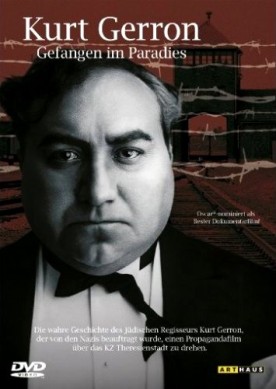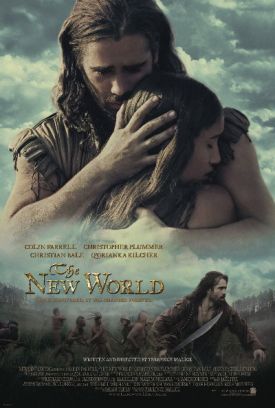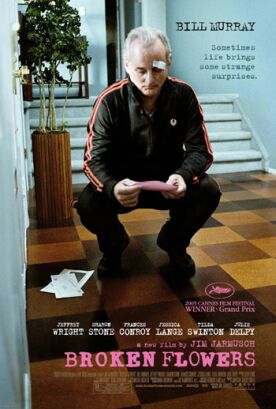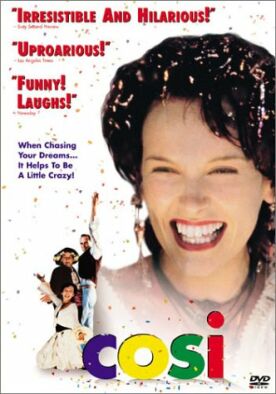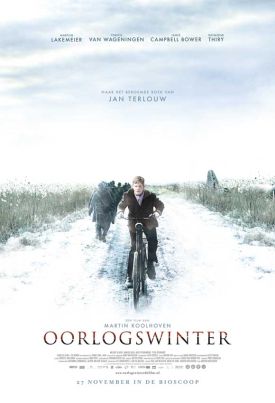Prisoner of Paradise
Prisoner of Paradise by Malcolm Clarke and Stuart Sender is a documentary which tells the story of Kurt Gerron, a big — in every way — star of theatre, cabaret and film in Weimar Germany who was first driven out of the country by the Nazis and then deported from Holland with the Dutch Jews during the war but who then, as a certified celebrity, had a brief interlude working as a Nazi propagandist before being shipped to Auschwitz and his death.
The film makes a nice bookend to Claude Lanzmann’s Un vivant qui passe or A Visitor from the Living of 1997, which tells the story of Maurice Rossel, a Swiss representative of the Red Cross who was invited by the Nazis to inspect the carefully staged “model ghetto” at Theresienstadt in Czechoslovakia and duly pronounced it comme il faut. “If they could fool the Red Cross,” says Ian Holm’s rather portentous narration, “they could fool the world,” so in 1944 the Nazi authorities commissioned Gerron to direct a film about Theresienstadt that would spread the word to neutral countries, where rumors of the Holocaust were beginning to be heard. “It was a chance for him to work again, to live again, to remember what he used to be, but only by making a deal with the devil.”
Naturally enough, those survivors who are interviewed here and who knew Gerron are divided about his behavior. “He was not an artist but a traitor. We hated him,” says one. But another says:”Everybody should tell me that he would have acted different, and I will call him a liar,” says another. You can make up your own mind, but I myself think it a pity that all the film has to tell us about this fascinating character out of Weimar Germany is seen through the lens of this one film, which was never exhibited anyway. “I think he forgot where he was,” says one of the survivors of Gerron’s directorial effort at Theresienstadt; “he thought he was not in a concentration camp” — which is how it is possible to explain his determination to “deliver a perfect piece of work” to the Nazis. What more is there to say?
For even if he was a traitor, what is the point, at this distance of time, in dragging his memory out of obscurity only to condemn him? Among his other claims to fame, Gerron premiered Kurt Weill’s “Mack the Knife” in Brecht’s Threepenny Opera and starred with Emil Jannings and Marlene Dietrich in Josef von Sternberg’s Blue Angel. He is described here by some of those who still remember him as having the mind of a child, but what this seems to mean is primarily that he never took the Nazi threat sufficiently seriously. In this he was hardly alone. When he was still directing films inside Germany, he had a young Nazi-sympathizer as a crew member whom he called “my little storm trooper.” He had several chances to emigrate to America, but he didn’t take them. On one such occasion he was invited to go to Hollywood by Peter Lorre, whom he had helped to escape earlier, but turned it down because he couldn’t go first class.
That’s the kind of thing which it is easy to regard as significant and ironical in retrospect but which, like so many other Holocaust stories, is also an excuse for self-congratulation of one kind or another. We should have known better, we imagine, just as we imagine that we should have been wise enough to see the Nazis for what they were well before the discovery of the death camps. But in real life, lots of people were like Gerron in managing to miss these things, and his story might have been better told in such a way as to encourage us to see ourselves in them instead of confirming us in the smugness of our hindsight.
Discover more from James Bowman
Subscribe to get the latest posts to your email.

